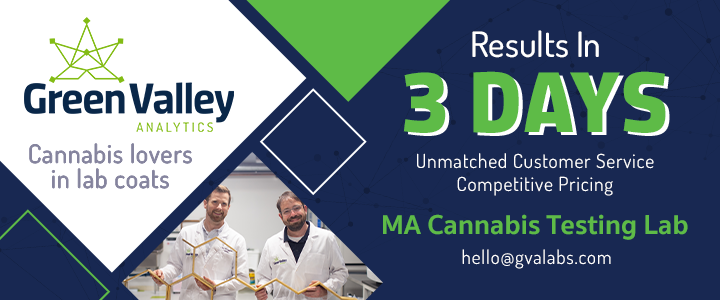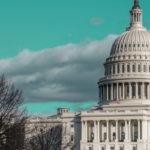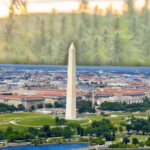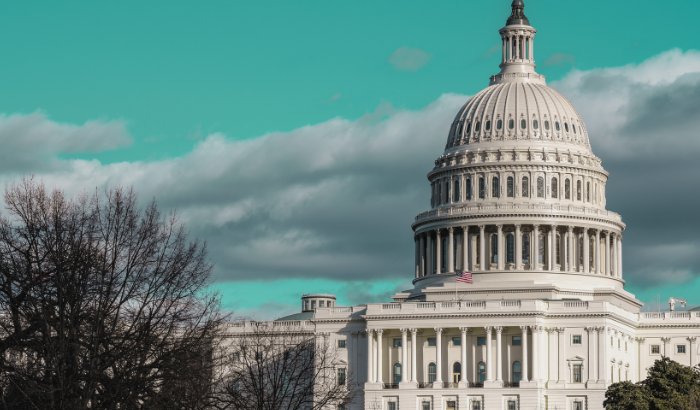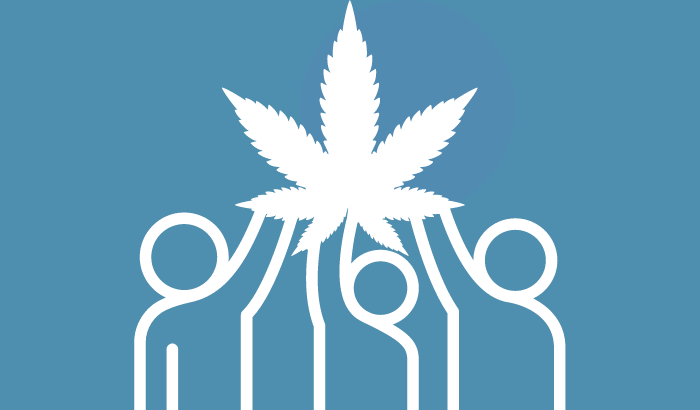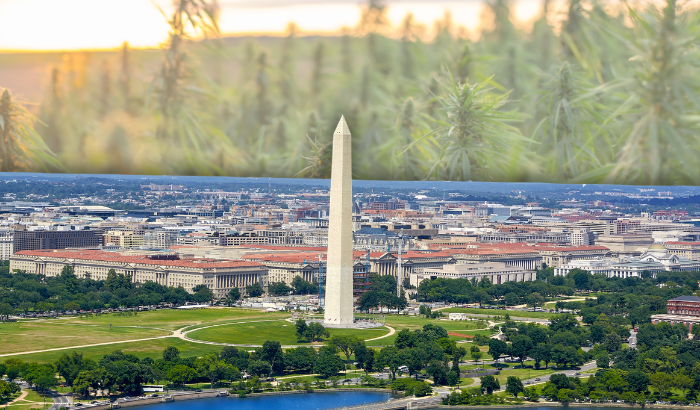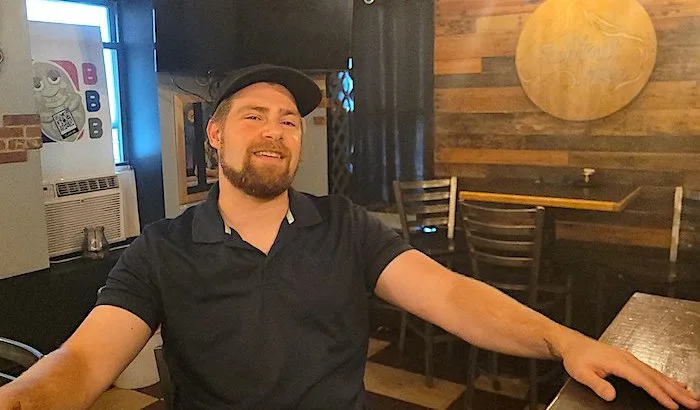
Summit Lounge CEO says, “The question is how do you provide that service in a safe environment? … There are so many vast nuances to that, but it can be done, it has been done.”
With the Massachusetts Cannabis Control Commission having advanced draft regulation changes regarding oversight of Host Community Agreements (HCAs) and municipal equity requirements, the agency’s primary policy focus will now shift onto social consumption.
As CCC members consider rules around possible licensing for lounges and other places where people can indulge, they have solicited input from members of the public and business-side stakeholders alike. The body’s Social Consumption Regulatory Working Group also hosted three listening sessions and attended other forums where prospective licensees gave input.
[Interested in social consumption? Also check out our interview with Derrell Black of Let’s Talk Weed here.]
But while there are many facts to find and social consumption models in other states to consider, when it comes to Mass there’s no question that the Summit Lounge in Worcester is the standout success on this front so far. Operating as a private club for nearly six years, the downtown storefront location makes for a valuable test case to study.
I visited the Summit this week to connect with its CEO Kyle Moon. We spoke about what makes the venue possible, existential threats they’ve faced, and the City of Worcester becoming the center of the commonwealth’s cannabis universe in the years since they opened in 2018. But mostly we discussed social consumption, what his team at the lounge has learned up to this point, and what the regulations ought to look like—and not look like.
For anyone looking to drill down deep on these issues, I recommend watching the full video. Below, I excerpted nuggets from our conversation that anyone involved in shaping the canna consumption culture and landscape in Mass should make note of. As he told me, “Everyone has different ideas about this, but we’ve effectively been doing it for five years.”
How the Summit Lounge is possible in the first place …
KM: We’re a private membership association. In 2014, Massachusetts passed a smoke-free work environment law. In those state regulations there was a cut out for private membership associations, just like an Elks lodge or a VFW. So legally you can still smoke there because it’s not occupied by the public. There is an exemption. Municipalities can ban smoking in private clubs, but it has to be a board of health vote. If the board of health doesn’t vote to ban smoking in private clubs, then by default, per the state, it’s allowed.
What it took to open …
It was a nightmare looking for a space. This was 2017. We found this space and formed the corporate documents that November and started the buildout and officially opened in January 2018. When we went for the licensing, there was a lot of back and forth in the news between the city and us, and them saying we lied, and us saying, You didn’t ask.
Being in the recovery community, I already knew a lot of the players in the city from working with youth and substance abuse [programs]. These were awesome people, down to earth, so we opened as a private club and the conversation was always, What are you going to be doing in this private club? And I would say, Anything legal in Massachusetts. And then we got open and it got out in the media that we had a private cannabis club and it just snowballed. We filled out all the same paperwork that you would to have any private membership association. When we first opened it was just growth growth growth. COVID kind of killed that.
Smoking vs. edibles …
In my experience with this place, the only time it’s ever been questionable if someone should drive or not is when it comes to edibles. That’s the only time I’ve ever been like, Maybe you shouldn’t be driving.
You must have smoking in a cannabis establishment. It’s not negotiable. I think the long-term trend in the market is going to go towards vaping as more regular consumers get into it, but when you’re going to [a social consumption] establishment [you should be able to smoke cannabis].
There’s a big differentiation between the different types of establishments and social consumption. Everyone talks about the massage parlor versus the lounge. People aren’t going to come here to vape, or to get a 20 mg edible. It’s stuff like that which really determines the viability of the business. Because at the end of the day we’re a service-based business and if you’re not providing the consumer what they want, then they’re not going to purchase your product. And we all know that flower is one of the top purchased products in Massachusetts and that’s enduring for all of centuries. People want to smoke weed.
The question is how do you provide that [service] in a safe environment? We can go into all the logistics around that, from ventilation to protecting the employees. There are so many vast nuances to that, but it can be done, it has been done. We allow hookah lounges, we allow cigar bars.
Demand and supply …
It’s important for people to have a space—not only to use cannabis, but to connect with other individuals and like-minded people. We need to provide a space where people feel comfortable. That’s what I’ve noticed the most. As much as we say it’s illegal, people can smoke on the street, they do it, they’ve been doing it. But the majority of people come here because they want to socialize. And being a private club, that’s our main philanthropic reason—to benefit our members socially and intellectually.
Weed vs. alcohol …
I think alcohol to a bar is cannabis to a social consumption establishment. It’s not about the alcohol, it’s not about the cannabis. It’s about the environment that you provide the consumer. You don’t go to a bar to drink booze, you go to a bar to socialize and for a unique social experience. For social consumption, if the laws and regulations are so restrictive that people are not able to provide the consumer with that unique social experience, then it’s just not a viable business model.
State vs. local …
It comes down to state control versus municipal control. Where each social consumption establishment has to represent the community that it’s in. Like you can’t have a social consumption establishment that has stripper poles and hip-hop in Northbridge. We should allow each municipality to decide what’s right for its demographics. If the state says what you can do and what you can’t do, that might work for one municipality but not for another. So I think loose regulations at the state level will allow for that interpretation at the municipal level.
Open questions …
What’s going on? Where is the industry going and what’s going to be our place in it? There’s that constant back and forth of, Are we legal? We still are in this loophole of this private club and I’m like, Yeah, we allow cannabis consumption, but are we a consumption lounge? No, we are a private membership association. It’s trying to balance that back and forth between being a nonprofit membership association but also a cannabis club.
It’s been five years, and police haven’t kicked in the door. We’ve never had an issue, we’ve never had drugged driving. We’ve had a couple of medical emergencies and guess what, we’re a real business, we call an ambulance and they come and handle it. It’s safe.
What works …
I see the biggest need in the space for networking and connection-making and stuff like that. If you look at the shift in the market, we opened during the traditional market, the gray market, the black market, whatever you want to talk about. There wasn’t a single dispensary open. There were no wholesalers, there were no buyers. What we need to do is create that community because that traditional market had such a strong sense of community and you don’t see that in the legal industry. We’ve seen a lot of success with our industry night on Wednesdays because people want to socialize with other people in the industry. I also see a huge market for education events, whether it’s education in the industry or educating new people.
What’s next for the Summit Lounge …
It comes down to a lot of different factors. We’re waiting for the CCC to see how their regulations go. Do we grow as a private membership association? Are we allowed to open more charters? What towns will be receptive to those? What towns are our primary demographic? How can we expand effectively? I think that hinges a lot on social consumption.
We’ve been waiting five years. I honestly thought it was going to be in the first round of licensing. … [But now] I think we’re two to three years away from there being any kind of actual social consumption establishment. There’s a lot in terms of the public perception [that has changed over the past five years] and I’m interested to see what the CCC does, and I’m hopeful. But I’m always skeptical of the government and I think there needs to be regulatory catch up.
I understand walking before you run, but at this point we’ve walked long enough. Give the people what they want, give the people what they voted for.


